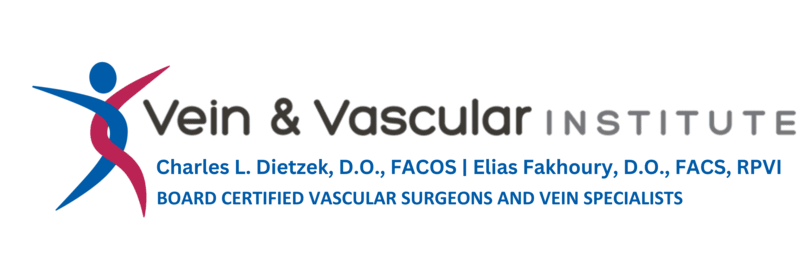Sunscreen is a good choice to protect your skin, but won’t prevent varicose veins from developing.
We all know sunscreen should be an integral part of any daily health routine. According to the Skin Cancer Foundation, one in five Americans will develop skin cancer by the age of 70, and daily use of SPF 15 sunscreen can reduce your risk of developing melanoma by 50%. Given that bright sun and heat can cause damage to existing varicose veins, is sunscreen an effective tool for preventing varicose veins?
Unfortunately, sunscreen can’t protect you from new varicose veins. However, sunscreen may help protect against developing spider veins, especially on the face. And if you have existing varicose veins, sunscreen can still be a helpful tool in protecting your overall skin and vein health.
How Sun Exposure Affects Your Veins
Exposure to the sun can directly lead to facial spider veins, also called facial telangiectasia, usually found around the nose, cheeks, and chin. These pesky veins are the result of broken capillaries. While there are inflammatory conditions (such as rosacea or acne) that cause these capillaries to burst, sun exposure is a contributing factor for many people. Sun breaks down collagen, thus removing the protective layer resting above blood vessels. This increases their chances of breaking. In this case, sunscreen actually can be a way to protect yourself, and can go a long way in preventing spider veins.
On the other hand, varicose veins are swollen veins that form when the valves and walls of a vein are no longer able to pump blood to the heart, instead allowing it to collect in the lower legs. Genetics, age, sex, and weight are all contributing factors. The sun plays no part in the function of these veins. This means sunscreen, while great for so many reasons, will not protect you from developing varicose veins.
Why Varicose Vein Patients Should Avoid the Sun
While the sun doesn’t impact varicose veins, heat does, and these two often go hand-in-hand. Hot weather causes veins to swell, allowing more blood to pool. This can increase the visibility of varicose veins and lead to higher pain levels or worse, blood clots. That means those with varicose veins should avoid hot weather, baths, and saunas.
In addition, individuals with varicose veins should be sure to avoid sun in the days directly following vein treatment. The skin surrounding the treated area is especially sensitive during this time and exposure to the sun’s rays can lead to discoloration. It’s best to wear protective clothing like long dresses or pants for a minimum of two weeks after receiving vein treatment.
Treatment for Varicose Veins
Fortunately, varicose vein treatments have come a long way and are far less invasive than they were in the past. The treatment option a patient chooses depends on several factors, including the severity of their vein issues and the recommendations of their doctor.
An expert healthcare professional is within reach at the Vein & Vascular Institute in New Jersey. Our vein doctors offer the most advanced, effective treatments out there and can help you quickly regain your confidence and quality of life.
